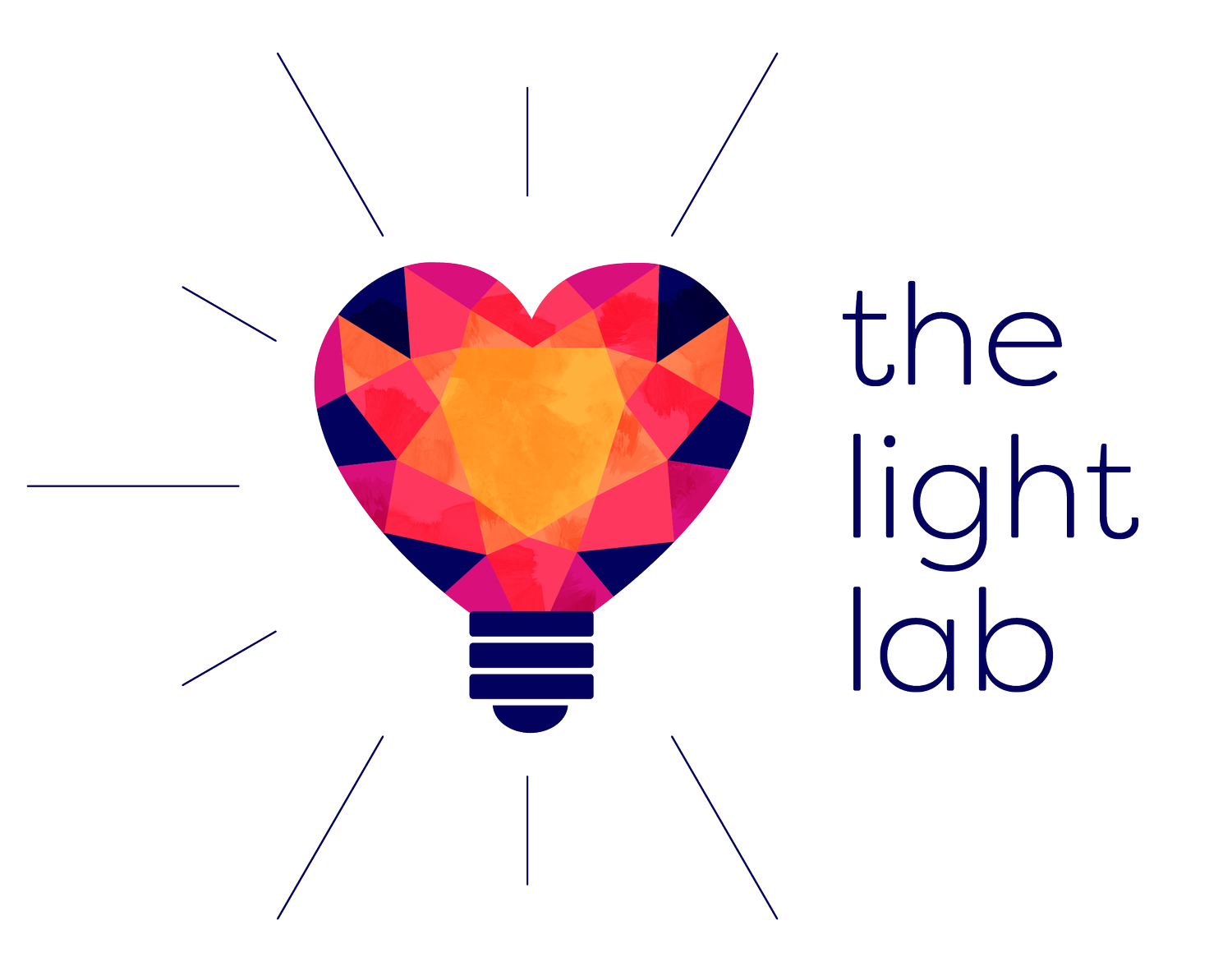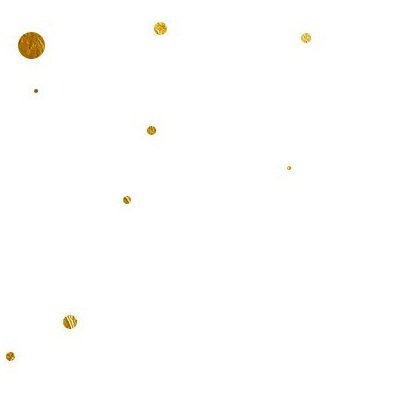Episode 2: We are the Luminaries (Or Chadash)
Listen Now
We are the Luminaries
To celebrate the launch of the light lab, Eliana, Ellen, and Josh dive deep into the prayer "Or Chadash," a new light. We explore the different kinds of light, light-centered g?d-names, and our favorite melodies for this prayer. Plus Eliana sings and shares her song, "A New Light." We hope this is an en-light-tening episode!
Join our new Facebook group to discuss all things T’fillah and T’fillah education here!
As Ellen says, this episode was recorded in the spring, so you’ll hear some springiness!
The program Eliana mentions is Cornerstone, a training conference for third-year camp staff run by the Foundation for Jewish Camp
Eliana uses the yiddish word “naches,” meaning pride or joy. Often referring to the pride a child brings their parents, here it is used in a more generational sense
The first liturgical piece before the shema in the morning service is all about light. It begins with a blessing:
בָּרוּךְ אַתָּה יהוה אֱלֹהֵֽינוּ מֶֽלֶךְ הָעוֹלָם
יוֹצֵר אוֹר וּבוֹרֵא חֽשֶׁךְ עֹשֶׂה שָׁלוֹם וּבוֹרֵא אֶת־הַכֹּל
Baruch atah adonai, eloheinu melech ha’olam, yotzer or u’vorei choshech, oseh shalom u’vorei et ha’kol
Blessed be You, artist of the cosmos, forming light, creating darkness, making peace, creating all. (translation by Rabbi Jill Hammer from the Romemu morning siddur)
And it ends with the following:
אוֹר חָדָשׁ עַל־צִיּוֹן תָּאִיר וְנִזְכֶּה כֻלָּֽנוּ מְהֵרָה לְאוֹרוֹ: בָּרוּךְ אַתָּה יהוה יוֹצֵר הַמְּ֒אוֹרוֹת
Or chadash al-tziyon tair v’nizkeh chulacnu m’heirah l’oro. Baruch atah adonai, yotzer ha’meorot.
Shine a new light upon Zion, and may we all soon be privileged to [enjoy] its brightness. Blessed are You, Holy One, Former of the luminaries. (translation adapted from Sefaria)
Click here to read the whole liturgical piece and see it in context on Sefaria
The liturgical pieces in between the blessings change depending on whether it is a weekday or Shabbat, but the theme of creation and light is constant.
Eliana goes on a tangent about aptronyms, translated by the Oxford dictionary as “a person’s name that is regarded as amusingly appropriate to their occupation.” She learned this word from Erica Goldman at Cornerstone!
g?d names!
When Eliana shares the “blessing formula,” she spells out the Hebrew letters
Yud Hey Vav and Hey יהוה
This is the “proper name” of g?d in Jewish tradition. Over the centuries, we have lost the original pronunciation of these letters without vowels, and usually say “Adonai,” “My Lord,” when we see it written out. Eliana spells it out to show that it doesn’t actually say “Adonai,” since Yud Hey Vav and Hey comes from the Hebrew root meaning “being.”
For more on the names of g?d, watch this talk!
The structure of beginning and ending with blessings on the same theme is a form of inclusio, a literary device that brackets sections with variations on a subject.
Eliana mentions the names for g?d found at the beginning and end of the liturgical piece but also “Or Olam,” from Isaiah 60:19:
לֹא־יִֽהְיֶה־לָּךְ ע֤וֹד הַשֶּׁמֶשׁ לְאוֹר יוֹמָם וּלְנֹגַהּ הַיָּרֵחַ לֹא־יָאִיר לָךְ וְהָיָה־לָךְ יהוה לְאוֹר עוֹלָ֔ם וֵאלֹהַיִךְ לְתִפְאַרְתֵּֽךְ׃
No longer shall you need the sun for light by day,nor the shining of the moon for radiance [by night]; For the Lord shall be your light everlasting, Your g?d shall be your glory. (New JPS translation)
Ellen brings up the creation story, found in the Torah in Genesis 1, in particular verse three describing the first day:
וַיֹּאמֶר אֱלֹהִים יְהִי אוֹר וַיְהִי־אוֹר׃
g?d said, “Let there be light”; and there was light.
And the section starting with verse 14:
וַיֹּאמֶר אֱלֹהִים יְהִי מְאֹרֹת בִּרְקִיעַ הַשָּׁמַיִם לְהַבְדִּיל בֵּין הַיּוֹם וּבֵין הַלָּיְלָה
וְהָיוּ לְאֹתֹת וּלְמוֹעֲדִים וּלְיָמִים וְשָׁנִים׃
g?d said, “Let there be lights in the expanse of the sky to separate day from night; they shall serve as signs for the set times—the days and the years;
Ellen also mentions the line from psalm 97 verse 11:
אוֹר זָרֻעַ לַצַּדִּיק
Or Zarua La’tzadik
Light is sown for the righteous
Psalm 97 is part of the Kabbalat Shabbat service, the psalms that we sing on Friday night to prepare for Shabbat
Josh quotes from earlier in the liturgical paragraph. The whole line is:
הַמְ֒חַדֵּשׁ בְּטוּבוֹ בְּכָל־יוֹם תָּמִיד מַעֲשֵׂה בְרֵאשִׁית
Hamechadesh b’tuvo b’chol yom tamid ma’aseh v’reishit
The-One-Who-Renews in goodness, each day, forever, the works of creation (translation by Eliana)
Our favorite melodies for Or Chadash:
Ellen’s pick: Yotzeir Or by Debbie Friedman
Josh’s pick: Rick Recht
Eliana’s pick: Suns up! (Do you know who wrote this? Let us know!)
Eliana mentions future her. That her is me! Hi past me! We made show notes 🙂
Ellen mentions the Reform siddur Mishkan T’filah
As Ellen mentions, Debbie Friedman and her liturgical melodies had a huge influence on the Reform movement’s liturgical practice. Because of her beautiful melody for the prayer for the sick, known as Mi Shebeirach, synagogues started singing it aloud and making it a cornerstone of communal prayer. Ellen thinks the same happened for Or Chadash, which had been omitted from Reform siddurim, prayer books, up until the latest edition, because it was included in Debbie’s melody for Yotzeir Or, the liturgical paragraph as a whole.
Ellen says “we’re Yisrael.” A name for the Jewish people is “b’nai yisrael,” the children of Israel. Yisrael is the name given to Jacob after he wrestles with a messenger of g?d in Genesis 32. It literally means “One who wrestles/struggles with the Divine.”
Josh mentions “nusach.” This is the musical mode for chanting a prayer if it is not being sung to a melody. The nusach is different depending on the time of day, week, and year.
Ellen mentions the “chatimah.” The chatimah is the blessing that ends a liturgical paragraph, the back bookend of the inclusio.
In talking about her song “A New Light” from the album of the same name, Eliana mentions the idea that there are 70 faces to Torah. The first expression of this idea is in Bamidbar Rabbah (a commentary) 13:5.
During the meditation, Eliana uses the g?d-name Havayah, הֲוָיָה
This is a way of keeping the “being” root of yud-hey-vav-hey, as it’s the same letters inverted. It also has the same amount of syllables as “Adonai” so it makes a nice alternative.
Josh mentions that the Hebrew word for spark, nitzotz נִיצוֹץ, feels like an onomatopoeia.


